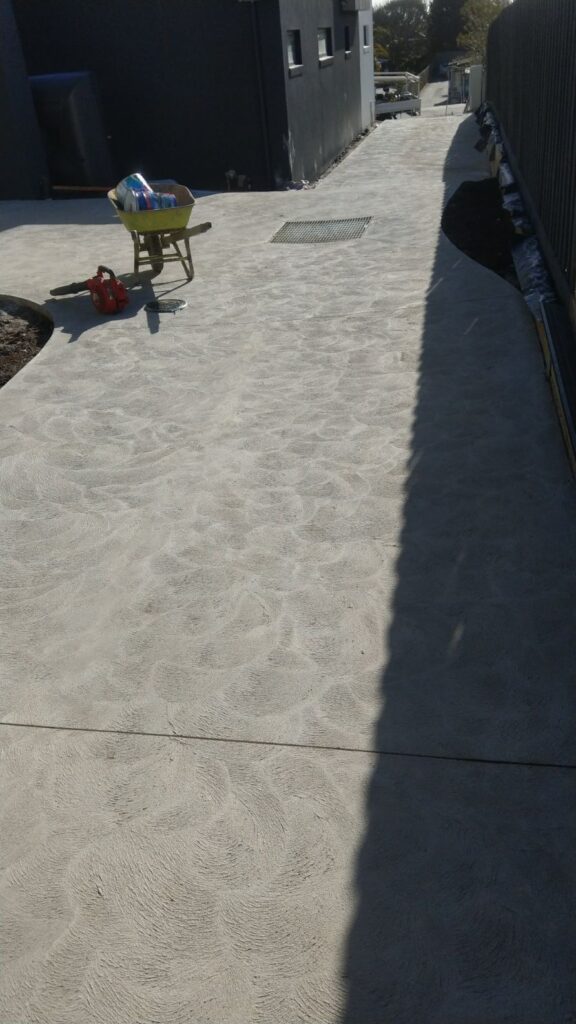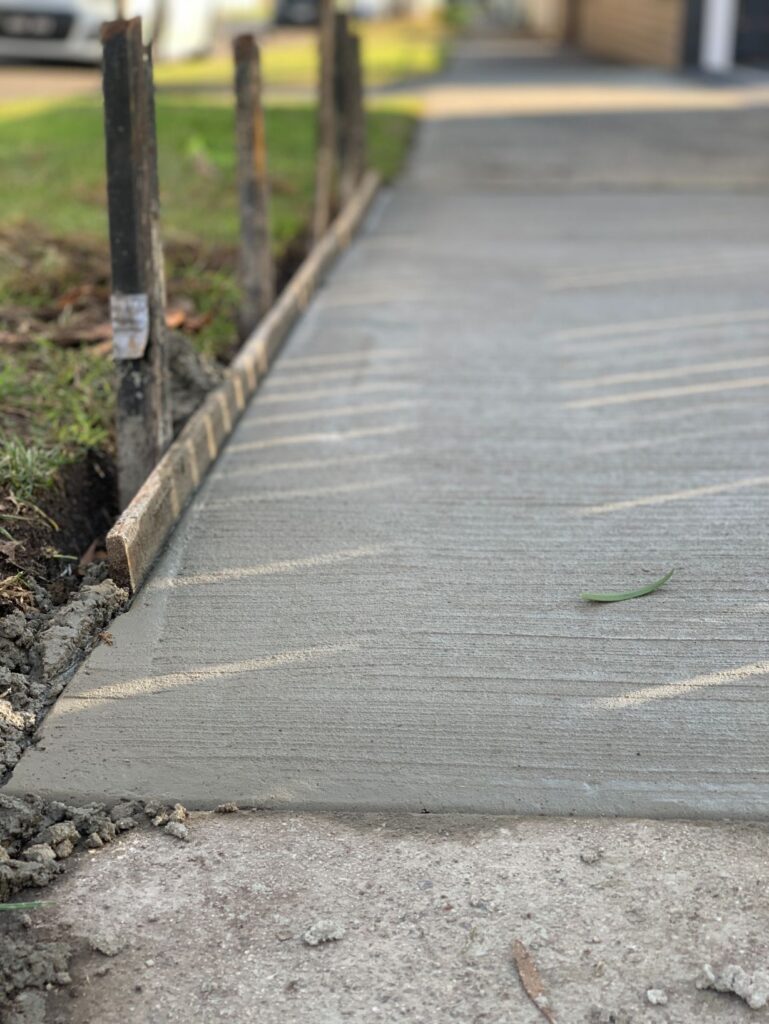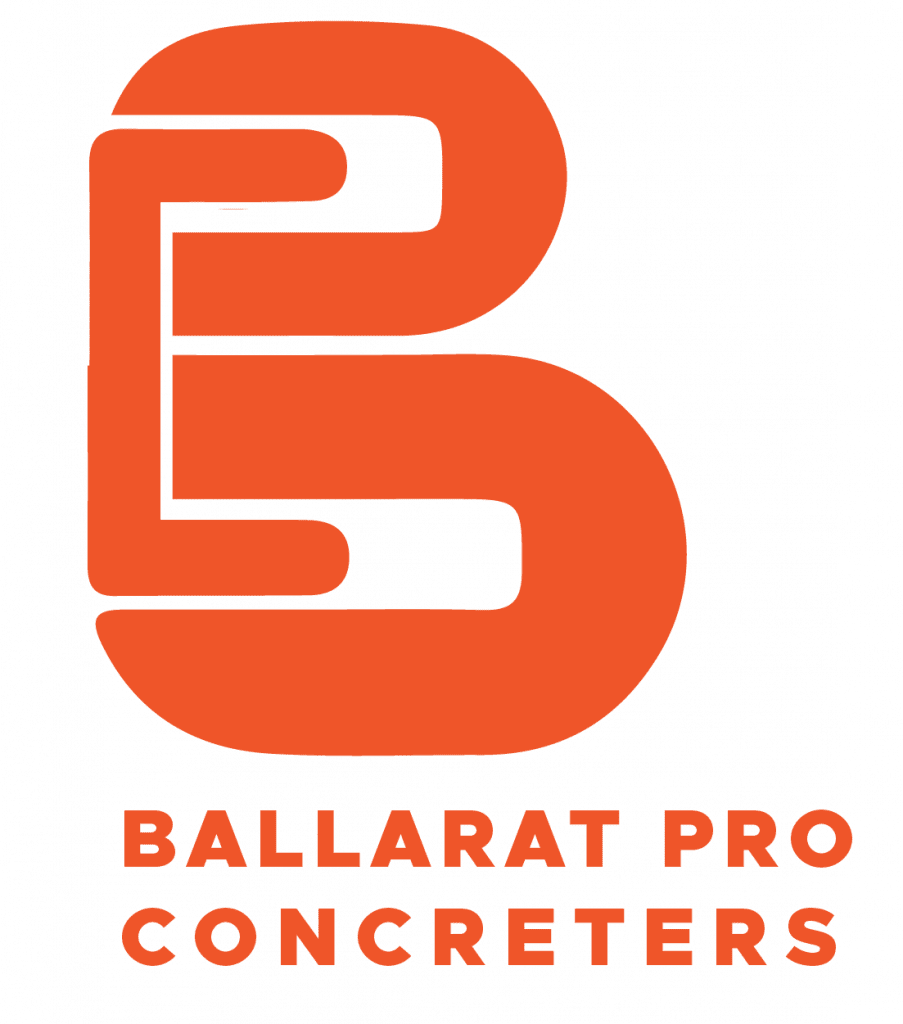The main difference between concrete and cement is that cement is the key ingredient used in concrete. Concreters mix it with water and aggregate to create the final product: concrete.
When cement is combined with water, it will form a paste that will harden over time by way of a chemical process known as hydration. Cement is the primary binding agent used in concrete. It’s the reason for its strong bond that allows concrete to hold aggregates together.
This post will discuss the most common questions on concrete and cement and the qualities that make them good.
What is Concrete Made Of?
Concrete is made up of cement and water along with aggregate. The aggregate used can be in the form of crushed stone, gravel, or sand. The ratio of these ingredients will depend on the type of concrete being produced and its use.
Furthermore, concreters can add various chemicals to the mixture to improve the final output quality.

What is Cement Made Of?
Cement combines minerals like clay and limestone and other materials such as iron ore or ash. Producers ground these raw materials together to create a fine powder, which they then heat up in a kiln.
This results in a substance known as clinker. The clinker is further ground into fine powder, resulting in the finished cement product.
Should I Use Concrete or Cement?
You should use concrete for construction projects like driveways, foundations, and accessways. The added strength and durability of concrete make it an ideal choice for building concrete structures.
On the other hand, cement is one of the main ingredients of concrete. Although it’s strong in its own right, it simply doesn’t compare to the structural integrity that concrete provides.
Most people use cement when they are repairing or patching existing surfaces.

What Are the Qualities of Good Concrete?
The following are the qualities of good concrete:
- Sufficient strength: Concrete needs to be adequately strong so it can take on heavy loads and stresses. This is especially important for concrete driveways.
- Workability: Concrete has to be compact and easy to apply so that concreters can use it on any construction project they’re working on.
- Low permeability: The right concrete needs to be impermeable to gases and liquids. Such a trait will stop corrosion from affecting any reinforcing steel within and prolong its service life.
- Durability: Concrete needs to be resistant to outside elements, allowing it to resist deterioration and last for many years.
- Adequate air content: Good concrete needs to have sufficient air inside to enhance its workability. It will also minimises the chances that it will crack once it hardens.
- Proper curing: Concrete needs to cure sufficiently for it to develop the durability and strength it’s known for.
Have you ever asked yourself, “Is coloured concrete worth it?” Get the answer you’re looking for by reading our blog today.
